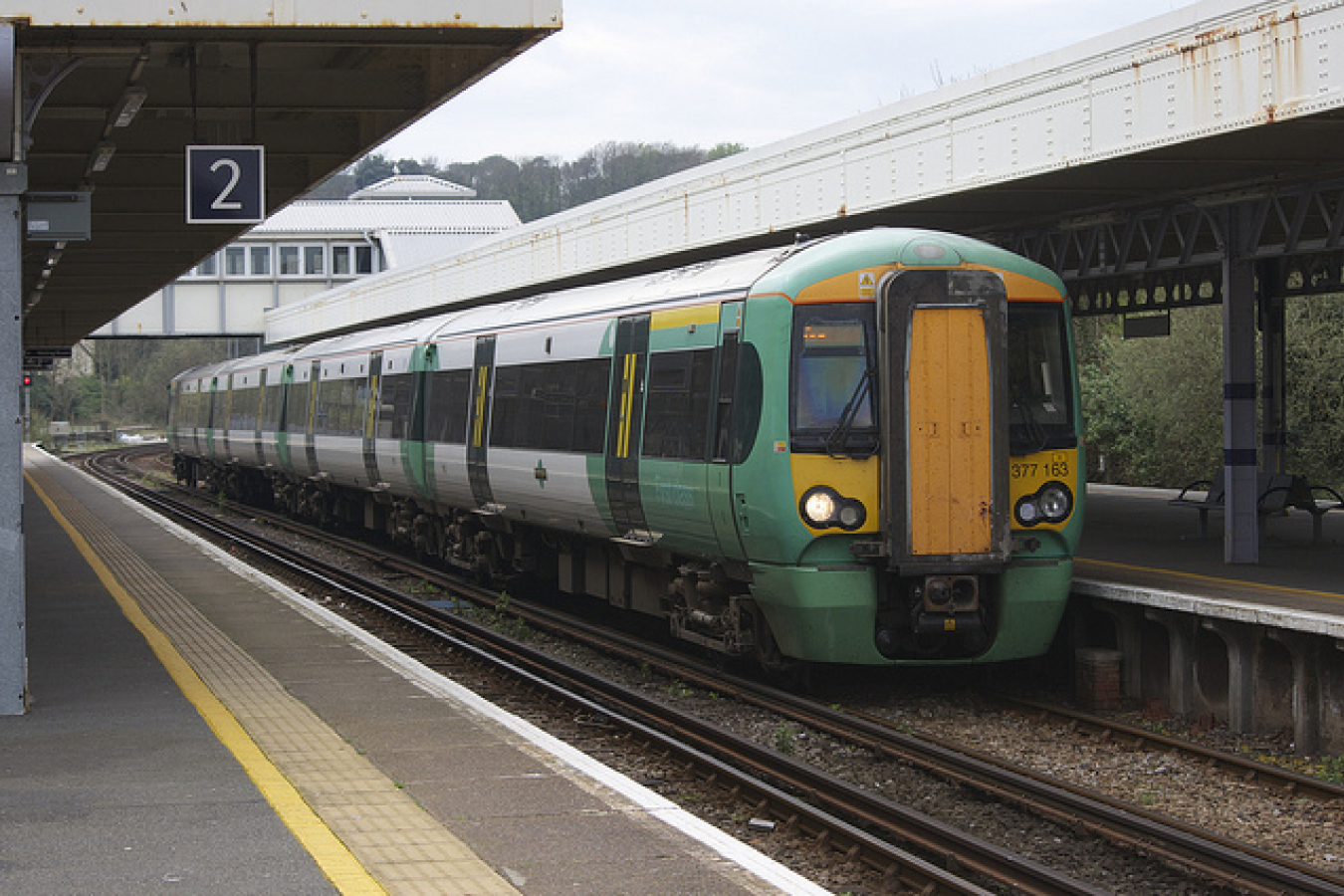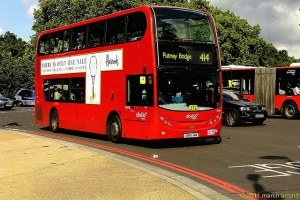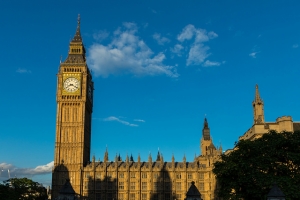Support migrant centric journalism today and donate

The UK's Home Office is under pressure to reduce the net immigration total but the figure is rising. To help reverse the trend, the Home Secretary Theresa May is rumoured to be considering a small change to the Tier 2 (Intra Company Transfer) (Short Term) visa which will, on paper, reduce the number of immigrants in the country by 19,000. But, in reality, there will be the same number of migrants as before.
By changing the maximum stay on the short term ICT visa from 12 months to just under 12 months (say 364 days or eleven months), Mrs May would remove 19,000 people from the immigration figures at a stroke. They will then no longer be classed as 'resident' in the UK and will therefore not be included in the immigration figures.
The Financial Times, a UK newspaper, reports that civil servants at the Home Office have proposed the change in order to reduce the net immigration figure.
'In a pretty dangerous place'
The paper also reports that business opposes the change. It reports that Neil Carberry of the employers' body the Confederation of British Industry (CBI) said 'We are in a pretty dangerous place if we are redesigning the tiers of the immigration system in order to meet a political target.He added 'This would undermine the image of the UK as a place where we welcome highly skilled people'.
The UK's Coalition government has promised to reduce net annual immigration to below 100,000 by 2015. Net annual immigration is calculated by taking the number of people who arrive in the country intending to reside permanently over a given year and subtracting the number of UK residents who leave on a long term basis over the same period.
UN definition
To be classed as a resident when you arrive in the UK, you must be intending to stay in the UK for a year or more. This is the UN definition of a migrant.Therefore, students who arrive for a three year university course are classed as residents. As most students are in the UK on a temporary basis many Universities and colleges have argued that it is misleading to include students in the immigration figures as permanent immigrants coming to the UK.
Those arriving in the UK on shorter term student visas, however, which last under a year, are not classed as residents and are not included in the migration statistics.
Those staying under one year are excluded from statistics
By altering the maximum stay for short-term Tier 2 (ICT) visa holders to just under one year, therefore, Mrs May would remove all of them from the immigration statistics. About 20,000 short term ICT visas are issued each year.The UK government wants to reduce immigration; Opinion polls show that a majority of the UK population believes that immigration is too high.
Under the UK's previous Labour government, there was a significant increase in net immigration. Much of this rise was caused by the accession of eight new countries to the European Union in 2004. Unlike many EU countries, the UK did not place any controls on citizens of the new countries coming to live and work in the UK.
Massive underestimate
The Labour government said that they expected 13,000 people to come to the UK to work from the new EU member states each year. In fact, it is estimated that over 600,000 came in the first year.Under the previous Government there were also many immigrants from outside the European Union. By 2010, net immigration was about 250,000 per year. Mr Cameron said in a BBC (the British public sector broadcaster) program before the last General Election that he would reduce immigration to 'tens of thousands' annually. This was taken to mean below 100,000 a year.
At the 2010 election, Mr Cameron's Conservative Party failed to win an outright majority but was the largest party. It entered into Coalition with the centrist Liberal Democrats and Mr Cameron became prime minister.
Immigration reduction measures
His government set about reducing immigration immediately. It;- Abolished the Tier 1 (Post Study Work) visa. This visa enabled foreign graduates of UK universities to stay in the UK and work for two years after graduation
- Abolished the Tier 1 (General) visa which allowed 'highly skilled people' (mainly graduates) from around the world to come to the UK and work. The government said that many Tier 1 (General) visa holders were working in low paid jobs in the UK
- Introduced a cap of 20,700 on the Tier 2 (General) visa for skilled workers. The Home Office has also introduced stringent requirements for applicants making it time-consuming and expensive to apply for these visas. It is for this reason that in reality the cap is never reached
- Removed the licences from 700 colleges which effectively prevents them from sponsoring foreign students for Tier 4 student visas
- Prevented UK citizens and permanent residents who earn less than £18,600 a year from bringing foreign born spouses to live in the UK.
Reduced by 100,000
By 2012, the government had succeeded in reducing the net immigration figure by about 100,000 to an estimated 153,000 annually. However, it has since found reductions harder to come by. This is because of two main reasons- The government has no control over the number of EU citizens who come to live in the UK. Large parts of continental Europe are in recession and many workers from eastern and southern Europe are coming to the UK to work
- Fewer UK residents are leaving the country. In fact, this is, in part, because of the government's earlier successes. The UK economy is doing better and so more people have decided to stay in the UK. Therefore with more people deciding to live in the UK on a long term basis and fewer people deciding to leave the UK you see an increase in net immigration.
The latest figures showed that, in the year to September 2013, the net immigration figure is back above 200,000. Experts predict that the figure may well climb back up to 2010 levels making Mr Cameron 'a failure' on immigration.
Electoral defeat
Mr Cameron is also facing the possibility of electoral defeat in the European elections this May. Conservative Party strategists fear that a rise in the net immigration figure could drive some Conservative supporters to vote for the anti-EU UK Independence Party (UKIP) in coming elections. UKIP is promising to cut immigration by taking the UK out of the EU.This, UKIP says, would enable the UK to set its own immigration policy and to cut immigration. A rise in the net immigration figure might encourage more voters who would normally vote Conservative to vote for UKIP instead.
Sanwar Ali of workpermit.com said 'If the government does make this change to 'magic away' 20,000 foreign workers, it will only show what a mess it has got itself into over immigration numbers.
'Never possible' to meet tens of thousands target
'The 'tens of thousands' pledge has really undermined the credibility of the government. It was never possible for it to meet this target without leaving the EU. If the UK does leave the EU it will probably not happen for a very long time.'It is surprising that a PR man like Mr Cameron should have fallen into such an obvious PR trap' (Mr Cameron's only job outside politics was as a public relations officer for a regional television station).
If you would like to apply for a visa WorkPermit.com can help. WorkPermit.com is a specialist visa consultancy with 25 years of experience dealing with visa applications. We can help with a wide range of visa applications to your country of choice. Please feel free to contact us for further details.





















